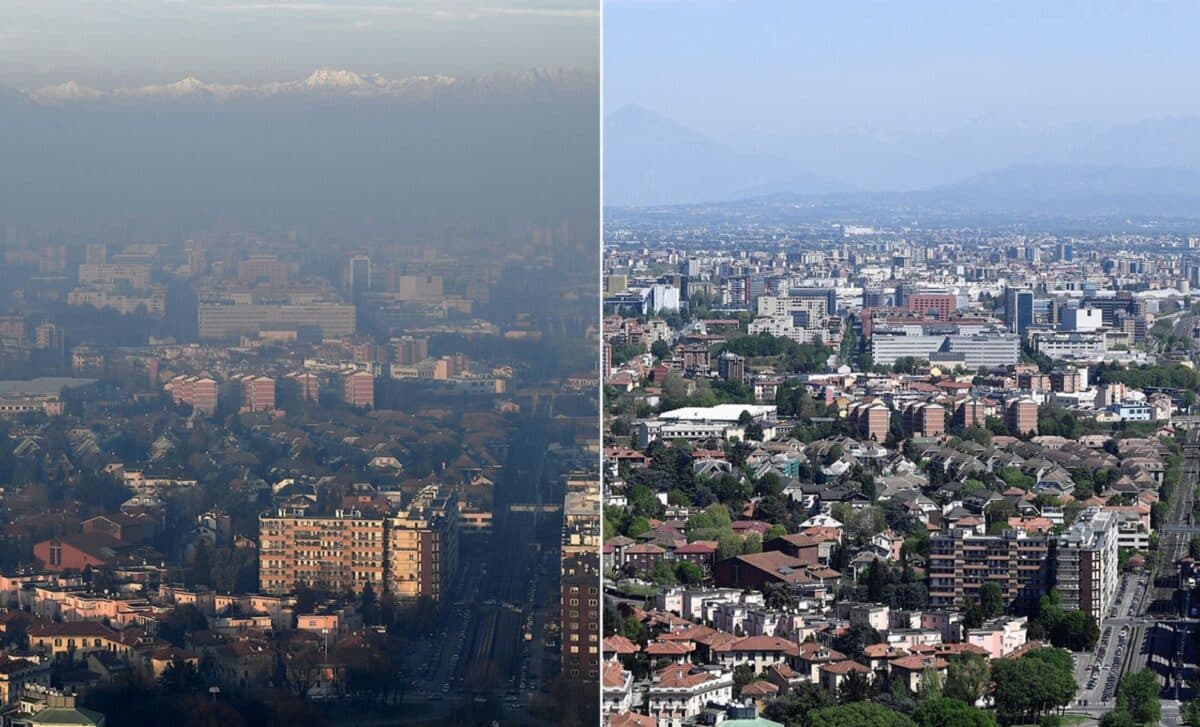The United States is suspending a decade-old initiative that monitored air quality in over 80 embassies and consulates worldwide, a program that had influenced pollution policies in several countries.
The decision, attributed to budget constraints, will halt the public dissemination of real-time data, raising concerns among health experts about the impact on diplomatic staff and local populations.
The program, originally launched in Beijing in 2008, provided vital air quality data, prompting stronger environmental measures in host countries, particularly China.
Former officials and researchers warn that its discontinuation could leave millions without crucial information about pollution levels, which have been linked to severe health risks, including respiratory diseases and cardiovascular conditions.
A Program That Reshaped Air Pollution Policies
The US air quality monitoring initiative began as a response to severe pollution levels in Beijing. In 2008, the American embassy installed air sensors and began publishing hourly updates on PM 2.5 levels, a fine particulate matter known for its harmful health effects.
The data, which frequently contradicted official Chinese government reports, gained significant public attention, according to The New York Times.
Former Environmental Protection Agency (EPA) administrator Gina McCarthy stated that the Chinese government initially resisted the embassy’s disclosures, criticizing the scientific validity of the data and calling the monitoring efforts illegal.
However, the widespread public awareness eventually led to policy changes. Beijing introduced its own nationwide air monitoring system, increased its pollution control budget, and cooperated with the US on environmental initiatives.
By 2015, the US expanded the program to other diplomatic missions worldwide, underlining the need for global solutions to air pollution.
Research published in The Proceedings of the National Academy of Sciences in 2022 found that US air quality monitoring efforts contributed to measurable improvements in fine particulate concentration levels in host countries. The study estimated that these reductions led to a lower risk of premature death for over 300 million people.
Concerns Over the Impact on Public Health and Diplomacy
The US State Department stated that the program’s suspension is due to financial limitations. While the monitoring equipment will remain in place at embassies, data will no longer be publicly available through the department’s platforms, according to The New York Times. Officials have not confirmed whether the funding will be restored in the future.
Environmental and health experts warn that ending public access to air quality data could have serious consequences for both diplomats and local populations.
“Embassies are situated sometimes in very difficult air quality circumstances,” McCarthy told The Times, adding that reliable pollution data is essential for protecting staff and their families.
Beyond health concerns, analysts suggest the move could weaken US environmental diplomacy. The program had previously demonstrated how data transparency could drive regulatory change in foreign governments. Without this information, officials worry that international efforts to combat air pollution may face setbacks.









